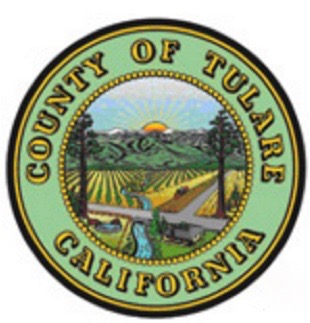CENTER FOR LAND-BASED LEARNING CELEBRATES 20TH ANNIVERSARY
Happy 20th Anniversary!
CDFA Secretary Karen Ross reported TODAY, “I had the honor and pleasure to help celebrate the 20th anniversary of the Center for Land-Based Learning, a non-profit organization in Winters started by California State Board of Food and Agriculture president, Craig McNamara, and his wife, Julie, to help connect young people with nature and agriculture.”
“In the last two decades, the Center has become a force in this state for its extremely effective youth development and beginning farmer education,” Ross continued. “I want to commend Craig for his vision, passion and commitment of resources to make the Center an entity that touches so many people in such positive ways and is absolutely contributing to a better future for California agriculture.”
“Happy 20th Anniversary, Center for Land-Based Learning!”
_______________________________________
The Center for Land-Based Learning strives to inspire and motivate people of all ages, especially youth, to promote a healthy interplay between agriculture, nature and society through their own actions and as leaders in their communities.
The Center for Land-Based Learning envisions a world where there is meaningful appreciation and respect for our natural environment and for the land that produces our food and sustains our quality of life.



